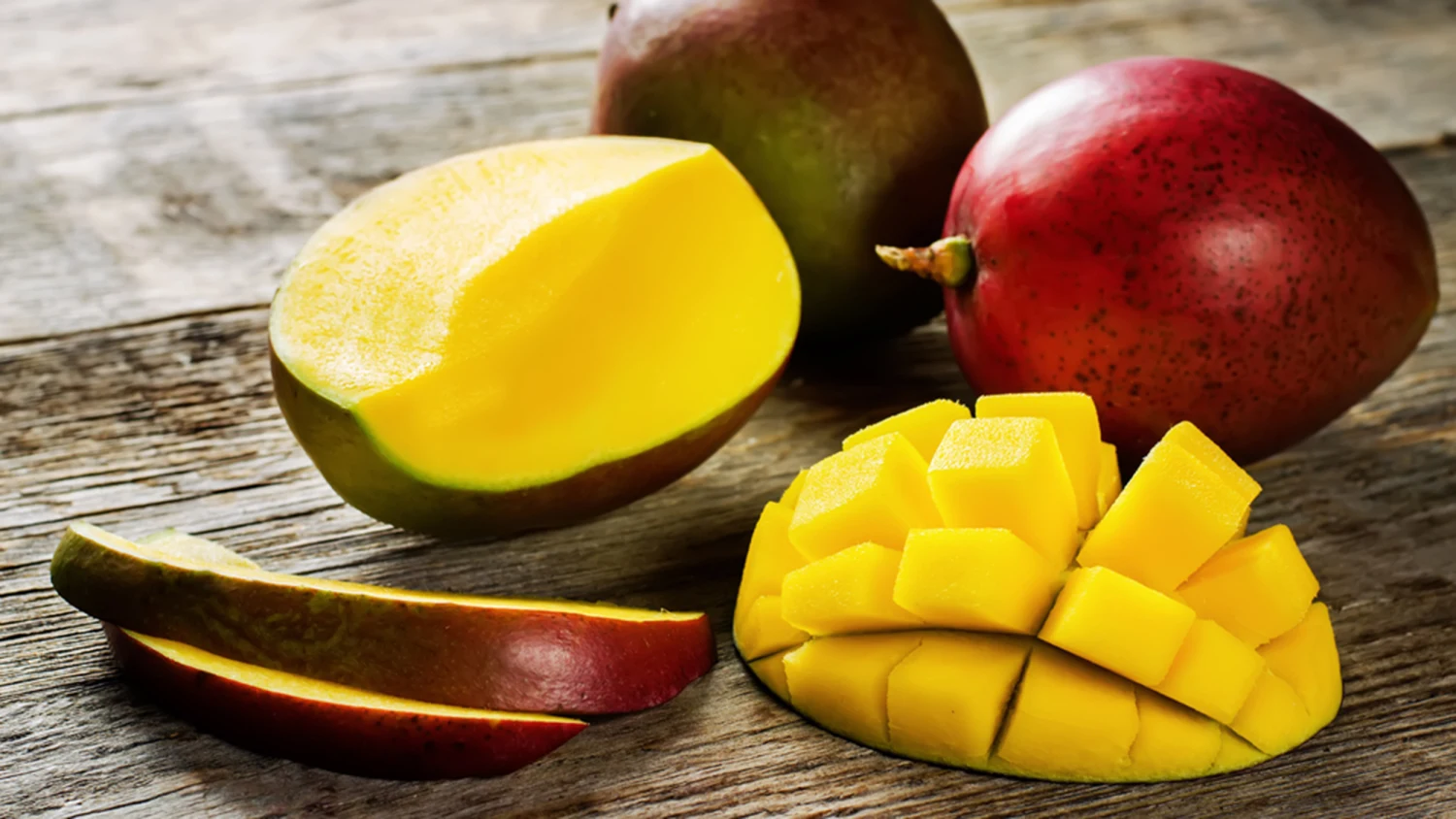What Is Mango Allergy?
Mango allergy is an allergic reaction that occurs when the immune system identifies the proteins in mango as harmful substances and produces an allergic response. Mango allergy is not very common, but it can cause mild to severe symptoms, depending on the individual’s sensitivity and the amount of mango consumed.
The most common allergen in mango is called urushiol, which is also found in poison ivy and poison oak. Some people who are allergic to urushiol in these plants may also be allergic to mango. Urushiol is found in high concentrations in the peel and the fruit just beneath the peel.
Mango Allergy Symptoms
- Swelling
- Hives
- Flushed skin
- Wheezing
- Diarrhea
- Facial edema
- Severe stomach pain
In extremely rare cases, a person with mango allergy may experienceTrusted Source an anaphylactic reaction. Anaphylaxis is life-threatening, and a person should seek medical attention immediately.
Mango Allergy Diagnosis
A mango allergy can be diagnosed through a skin-prick test or oral food challenge. During a skin prick test, a small amount of mango extract is placed on the skin, and a small prick is made through the extract. An allergist may also test if you are allergic to pollen. If a raised, red, itchy bump appears at the site, you are probably allergic to apples.
An oral food challenge is considered the most accurate method for diagnosing a mango allergy. In this test, the individual is given a small amount of mango to eat, and the reaction is monitored. If an allergic reaction occurs, it confirms a mango allergy. While this test provides accuracy, it can be dangerous. That’s why it should only be done in a clinical setting. A medical professional should only make a diagnosis, as self-diagnosis may result in a severe reaction.
Mango Allergy Treatment
The best treatment for mango allergy is avoidance. However, most cases of mango allergies are mild and can be treated with antihistamines, so it’s helpful to keep them with you. Over-the-counter medications may be strong enough, but you can also get prescribed medications to treat your symptoms. Prescribed medications may be necessary for asthma symptoms. Your allergist will recommend an inhaled corticosteroid if you suffer from allergic asthma.
For more serious allergic reactions to mangos, ask your allergist about an epinephrine injection like Auvi-Q or Epipen. You should carry your epinephrine to treat symptoms related to anaphylaxis. Train your friends and family on administering the medication in case you can’t do it yourself. Be sure to book an appointment with NY Allergy & Sinus Centers for a personalized treatment plan for mango allergy.
Mango Allergy Frequently Asked Questions
Is Mango Allergy Common?
Mango allergy is relatively rare compared to other food allergies. However, it can occur in some people who are sensitive to the proteins found in mango.
What Causes Mango Allergy?
Urushiol is the main cause of mango allergy.
Does Mango Cross-react With Other Fruits?
Yes, mango can cross-react with other fruits. Mango belongs to the same plant family as cashews and pistachios, which means that some people who are allergic to these nuts may also be allergic to mango. Mango can also cross-react with other fruits that contain similar proteins, such as peaches, apricots, plums, and kiwis.
How Is Mango Allergy Diagnosed?
Allergists use allergy testing and sometimes a food challenge to diagnose mango allergies. Allergy testing may include a skin prick test.
How Is Mango Allergy Treated?
There isn’t currently treatment for mang allergy. The best way to prevent an allergic reaction is to avoid mangos. However, in cases of severe allergic reactions, epinephrine can treat anaphylaxis. Antihistamines may treat less severe symptoms. Contact an NYC allergist to learn how to manage your mango allergy.

